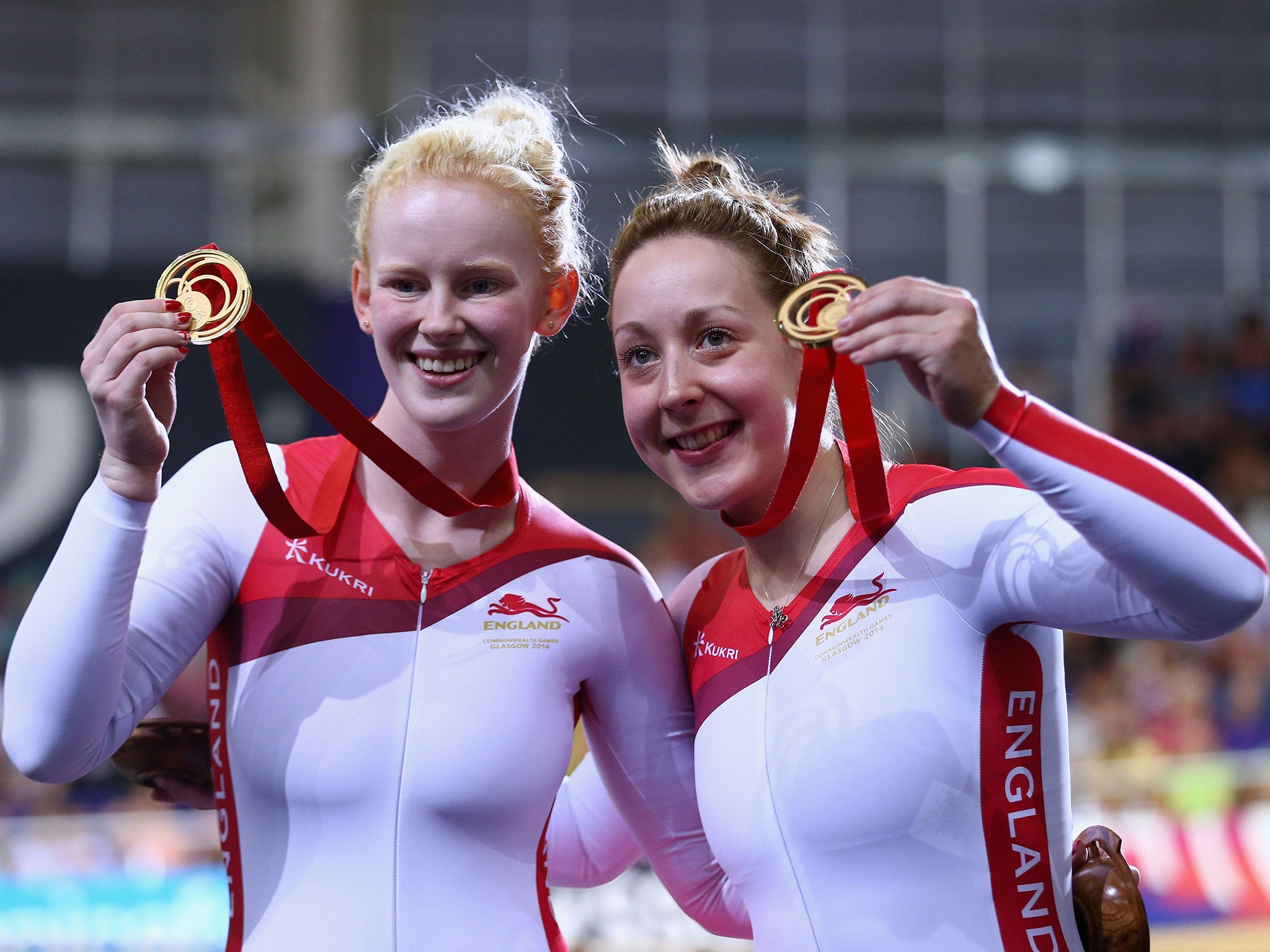Kevin Garside: One of the Commonwealth Games' greatest ingredients was having para-sportspeople share the stage with their able-bodied counterparts

A little verse to start the week, a slightly abridged poem by John Anthony Davies:
I saw a child who couldn't walk, sit on a horse, laugh and talk. Then ride it through a field of daisies and yet he could not walk unaided.
I saw a child who could only crawl, mount a horse and sit up tall. Put it through degrees of paces and laugh at the wonder in our faces.
A fuller version can be found on the Riding For The Disabled Association website. It conveys a message of inclusion. On the back of a horse there is no distinction to be made between those with a full athletic function and those without. All impairment falls away.
And so it was at the Commonwealth Games, where para-sportsmen and women shared the same stage as their able-bodied counterparts. For 10 fantastic days Glasgow gave us some marvellously affirming moments across a range of experiences, but if I were to pick a feature that made the greatest impression it would be the increasing integration of events to include para athletes.
The development is not new. It began 12 years ago at the Manchester Games with 10 medal events across five disciplines. It grew to 22 in Scotland and has lost none of its power to inspire. The Paralympics is, of course, a wonderful event and a necessary platform to demonstrate the astonishing accomplishments of an amazing group of athletes, but there is still an otherness about it.
Not here, not at the Commonwealths and the sense of that inclusion was overwhelming. Just ask Sophie Thornhill, already a cycling double world champion. She is visually impaired and requires a pilot to compete. But the point is; she pedals just as hard as her team-mates, trains just as hard and competes just as hard. In short, she does what they do. There is no difference. "We want to show that we have the same level of athleticism and skill as able-bodied riders," she said before the start of competition. "Some people still think Para-athletes aren't as elite as able-bodied riders, but we train day in and day out and are working just as hard."
The point was made in abstract, a reasoned argument rammed home before a wheel had turned. When it came to it, the opportunity to demonstrate her athleticism and to experience victory in this setting was suffused in a level of emotion she did not anticipate, a sense of euphoria that surpassed all that had gone before.
Racing with Helen Scott, Thornhill won gold in the B2 tandem sprint and the kilo. "All the long hours on the track, it just means so much. It is awesome. The worlds were great but nothing compares to this. For everyone to give us the same recognition as the able-bodied guys is amazing. This environment is so exciting."
Well done Glasgow, not bad for a city hosting an event dismissed as "a bit shit" by the boy Bolt. Even if we take his denials at his word, the view that these Games do not measure up to the Olympics is not original. But it is wrong. They don't need to measure up to anything. They stand alone, with their own unique atmosphere.
That you don't see a squash or a netball court draped in five rings is the Olympics' loss. I can't imagine the Olympic experience would not be enhanced by a glass cage bathed in blue light containing world-class gladiators going at it hammer and tongue.
The gold medal bout between variant Yorkshiremen Nick Matthew and James Willstrop was as engrossing as anything seen this past fortnight, a five-game epic that drew from each visceral expression, no great love yet plenty of respect.
The netball semi between England and New Zealand was settled in the latter's favour with just two seconds left on the clock. This was a contest beyond labels. The players were notionally competing for the right to contest gold but the battle went way beyond that. For 60 insane minutes these girls were locked in a kind of primal joust for their very existence. When Maria Tutaia dropped the ball through the hoop she was driving a stake through English hearts.
For 10 marvellous days we all belonged to Glasgow. Flowing through the life of this fine city the Clyde has borne witness to a great many things, and the Commonwealth Games is up there with the best of them, appealing to the more noble qualities that make us human. Bravo Glasgow, bravo Scotland.
I saw a child who could only crawl, mount a horse and sit up tall. Put it through degrees of paces and laugh at the wonder in our faces.
Subscribe to Independent Premium to bookmark this article
Want to bookmark your favourite articles and stories to read or reference later? Start your Independent Premium subscription today.

Join our commenting forum
Join thought-provoking conversations, follow other Independent readers and see their replies